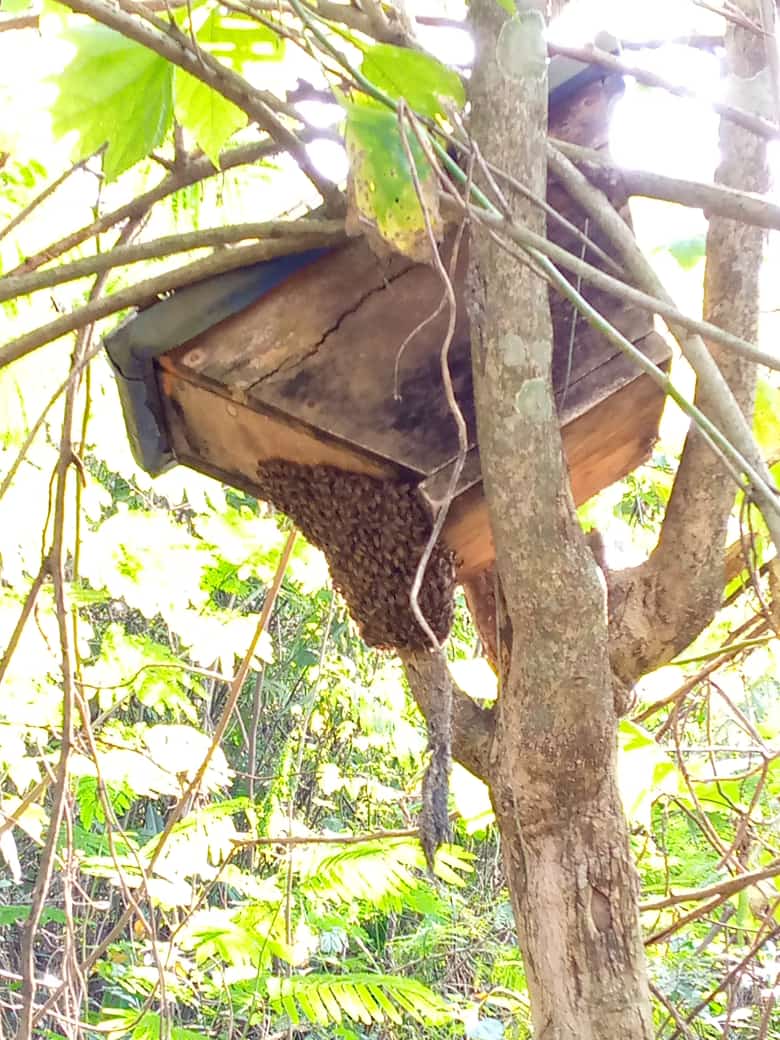
By Elias Ngalame
Environment experts in Africa say plans by different stakeholders in Africa to prevent damage have already been outpaced by climate-induced disasters, which are intensifying and happening more regularly.
This worry has been confirmed by the UN, which says the number of developing countries with climate adaptation plans has increased. But stresses that there’s limited evidence these plans have reduced any risks.
Against this backdrop, the African Forest Forum (AFF) organized a regional workshop on climate change adaptation based on forests and trees for the benefit of African forest actors from August 15 to 19, 2022, in Niamey, Niger.
According to the AFF release, the overall objective of the training workshop is to build the capacity of a critical mass of African forest sector stakeholders from Francophone countries who work in collaboration with local communities “to improve the contribution of resources and trees to climate change adaptation and to explore opportunities to support the implementation of forest and tree-based adaptation policies, plans and actions.”
Specifically, the training workshop will focus on the concepts of adaptation to climate change; options for adaptation to climate change based on forests in different landscapes; adaptation to climate change in other sectors and strategies for appropriate adaptations; and the challenges, gaps and barriers associated with adaptation to climate change and how they can be approached.
The virtual workshop saw experts discuss the challenges of climate change adaptation in the continent and the way forward.
According to Professor Kouami Kokou of the University of Lomé, the measures to adapt to the impacts of climate change consist, among other things, of bearing the losses, modifying the threats, preventing the effects, and changing the use.
Experts remarked that climate change adaptation actions in low-income countries are more reactive than preventive compounding measures that could otherwise produce positive results.
“If the effects of climate change vary from one region of the world to another, so do the actions to deal with them,” Kouami said.
In his definition of the concepts, during the regional training workshop, Professor Kouami Kokou from the University of Lomé dwelt on the adaptive measures that are in place in developing countries, especially in Africa.
He indicated that the strategies developed in low-income regions to deal with the impacts of climate variability are not yielding the expected results. Intended, therefore, to deal with the most urgent and not oriented towards anticipation, their palliative actions relate essentially to avoidance, adaptation, withdrawal, adjustment, acceptance, distribution of risks or securing income or resources.
Apart from the past and present training, AFF has supported the development of the IGAD Regional Forestry Policy to guide efforts to halt deforestation and forest degradation in the region through enhanced cooperation, coordination and political commitment. The three initiatives will positively impact SDG 11 (sustainable cities and communities) and help countries meet the AU Agenda 2063.
The activities AFF is undertaking accordingly are integral components of its two main projects. Namely: Strengthening the management and use of forest ecosystems for sustainable development in Africa; and African forests, people and climate change, which are financially supported by the Swedish International Development Cooperation Agency (Sida) and the Swiss Agency for Development and Cooperation (SDC), respectively.











